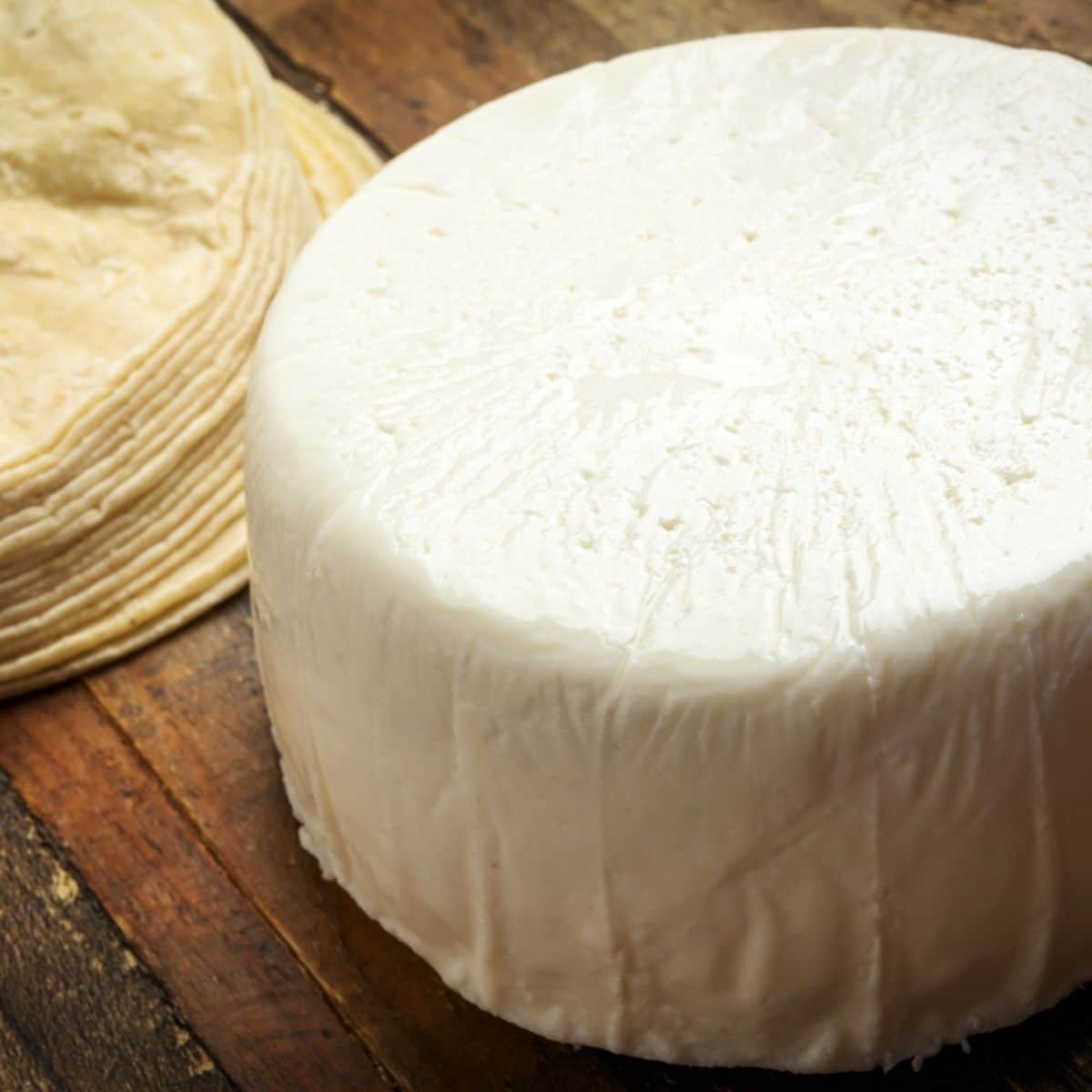Can you freeze queso fresco? Although you may technically freeze queso fresco, it is not recommended due to the high moisture content. The flavor, texture, and integrity of the cheese will be badly harmed. Without freezing, you may keep queso fresco for up to two months.

Fresh cheese is one of the most pleasant and versatile foods available. It's no surprise that we use it in a variety of dishes, from steak to cake.
An excellent example is queso fresco, Mexico's most popular cheese and one of the finest fresh cheeses on the market. Many people like it, and it's utilized in a variety of recipes outside of Mexican cuisine.
If you've found that you have more queso fresco than you can consume in the next several days, you may be wondering:
In this article, we will explain why it’s bad to freeze queso fresco and if you still want to freeze it, we’ve provided instructions on freezing and thawing the cheese.
Jump to:
Why Is It Bad To Freeze Queso Fresco?
Compared to more aged cheeses, such as cheddar, queso fresco has a comparatively high moisture content due to its freshness. Because of this, queso fresco is an unsuitable choice for freezing.
When queso fresco is frozen, the moisture in the cheese produces small ice crystals that break through the proteins that keep the cheese together. When the cheese thaws, the ice melts, and the fresh cheese's hardness is lost.
The final product will be a gritty, separated queso fresco.
How to Freeze Queso Fresco
If you still want to freeze your queso fresco, follow the instructions below.
- To begin, choose the amount of cheese you want to freeze and double-check that it hasn't gone bad (no changes to smell or visible signs of mold).
- If you produced the cheese yourself, wrap it as securely as possible in its original packaging or foil. Put this in an airtight ziplock bag or container and make sure it's well sealed.
- If possible, rapid freezing at -9 degrees Fahrenheit is the best way to prevent ice crystal formation. With queso fresco, this is unavoidable, but it is your best shot at minimizing the amount of crystals that form.
- Those who have a freezer with a quick freeze option should utilize it if possible.
- It's best not to leave the cheese in there for too long since it will be exposed to the cold for longer, affecting the texture even more.
- For harder cheeses, a period of 6 to 9 months is suggested. Allowing less time for softer cheeses like queso fresco is a good idea.
How to Defrost Queso Fresco
To thaw your cheese, just remove it from the freezer and put it in the fridge, still in its packaging.
The cheese should thaw in around 7-8 hours, depending on the quantity. However, defrosting the cheese overnight will enable it to fully defrost (and give you plenty of time to meal prep!)
Before using the cheese, make sure it's completely thawed. As previously stated, defrosted queso fresco will contain extra water where the ice crystals have defrosted.
This may also result in a gritty texture in your cheese, which will be apparent when eaten.
Before using the cheese, make sure that any extra water has been drained away since this may affect the taste.





Comments
No Comments